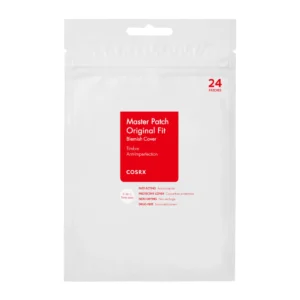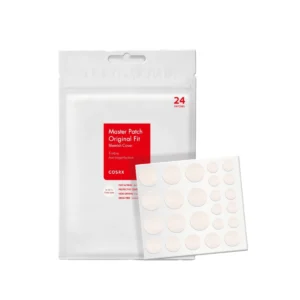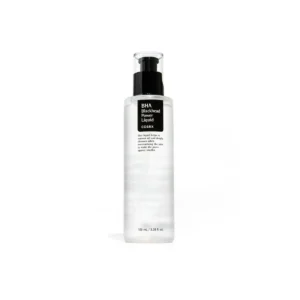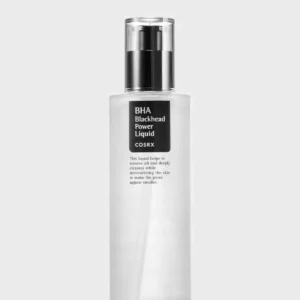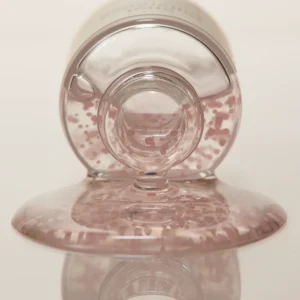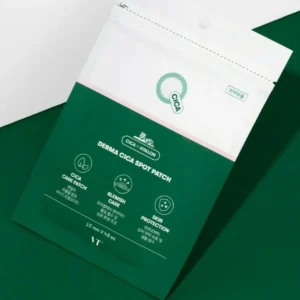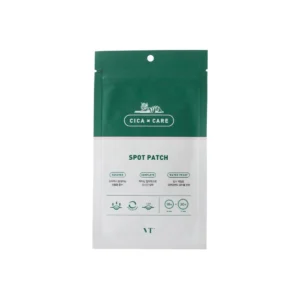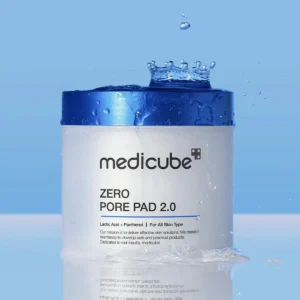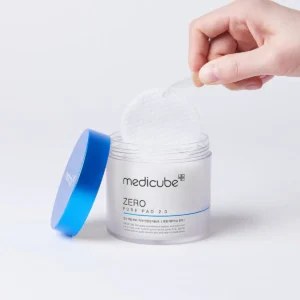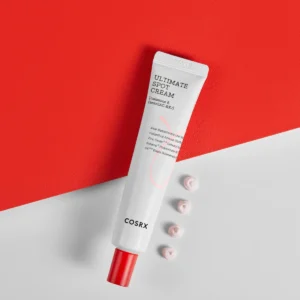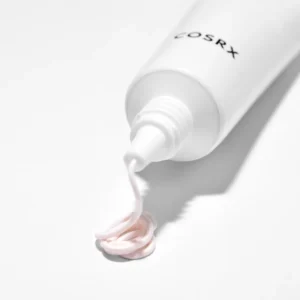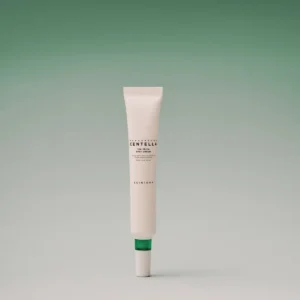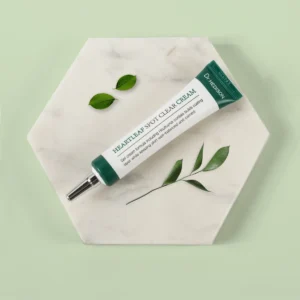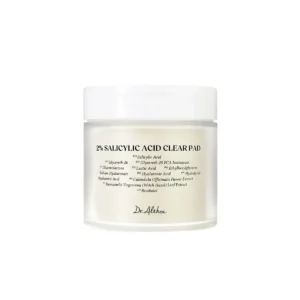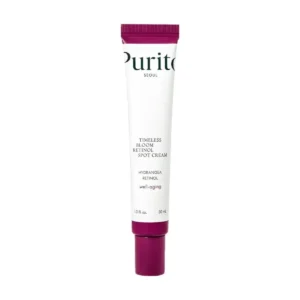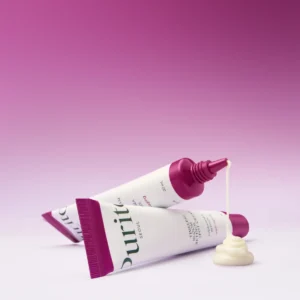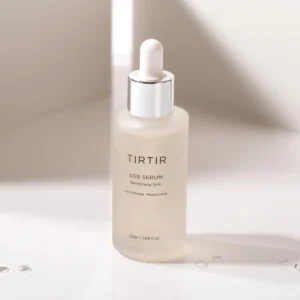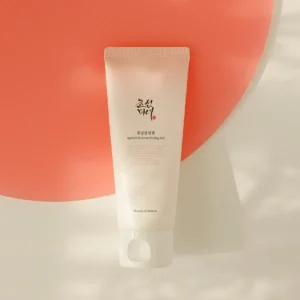Local Acne Treatment
Targeted products for local acne treatment that reduce inflammation and accelerate healing. Often contain salicylic acid, benzoyl peroxide, or other antibacterial agents.
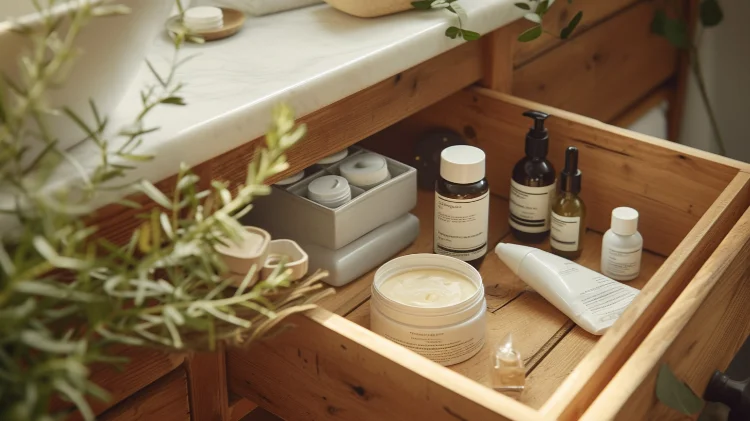
Showing all 11 resultsSorted by popularity
- Original price was: 22,95 €.14,79 €Current price is: 14,79 €.Add to cart This product has multiple variants. The options may be chosen on the product page
- Original price was: 16,99 €.10,79 €Current price is: 10,79 €.Add to cart This product has multiple variants. The options may be chosen on the product page
- Original price was: 26,89 €.20,49 €Current price is: 20,49 €.Add to cart This product has multiple variants. The options may be chosen on the product page
- Original price was: 9,89 €.7,49 €Current price is: 7,49 €.Add to cart This product has multiple variants. The options may be chosen on the product page
- 26,39 €Add to cart This product has multiple variants. The options may be chosen on the product page
- 20,19 €Add to cart This product has multiple variants. The options may be chosen on the product page
Showing all 11 resultsSorted by popularity
Effective Products for Acne Treatment: These Remedies Will Help You Get Rid of Pimples
Who doesn’t love a quick solution when an unwanted pimple appears on the face? Products designed for localized use can be a great aid in getting rid of acne right at home. They work quickly, reducing redness and potentially saving you from a great deal of trouble before an important event. The best part? You can find them in our store!
Why Is It Important to Treat Acne Locally?
Localized acne treatment allows for effective reduction of inflammation and quick elimination of unwanted pimples. These products act directly on the problem area, meaning their effects can be visible within a few hours.
Some individuals notice that hormonal fluctuations contribute to acne breakouts. In such cases, spot treatments become especially useful, as they provide a prompt solution to emerging pimples and reduce redness before it develops into a more serious issue. It’s like first aid for your skin, helping to prevent chronic acne and its formation deeper in the pores.
What Are the Most Popular Products for Acne Treatment?
In today’s cosmetic market, the most popular acne treatment products are those that effectively reduce inflammation and help control acne flare-ups.
Among the most commonly chosen are gels with salicylic acid and benzoyl peroxide, as they accelerate the skin’s cleansing process. Salicylic acid helps remove dead skin cells that can clog pores, while benzoyl peroxide eliminates bacteria that cause acne.
However, it’s not just about the ingredients—proper usage is also crucial to avoid dryness or irritation. Additionally, some people opt for more natural solutions, such as tea tree oil, which has antibacterial properties that help soothe the skin.
How Can a Skincare Routine Help Combat Acne?
A consistent daily skincare routine is essential in reducing acne. Regular face cleansing helps remove impurities and excess oil that can clog pores and contribute to breakouts.
Using a gentle cleanser allows the skin to breathe, reducing the risk of inflammation. Toning the skin helps tighten pores and restore the skin’s pH balance. After toning, it’s important to choose the right moisturizer that won’t aggravate the skin’s condition. For example, a lightweight, oil-free cream can help maintain moisture without triggering acne caused by hormonal imbalances.
What Are the Most Common Mistakes in Acne-Prone Skincare?
In many cases, improper skincare worsens acne problems rather than improving them.
- Over-exfoliation: One of the most common mistakes is excessive and overly aggressive exfoliation, hoping it will reduce the number of pimples. However, this can irritate the skin and cause even more inflammation, leading to additional breakouts.
- Heavy, oil-based creams: Avoiding thick, oil-rich creams is essential, especially for acne-prone skin, as these products can clog pores and exacerbate acne.
- Harsh skincare products: It’s important to choose products that not only effectively reduce acne but are also gentle on the skin to prevent disruption of the skin’s natural barrier.
- Ignoring hormonal fluctuations: Many people overlook the role of hormones in acne development. Paying attention to diet and lifestyle can be crucial for effectively managing breakouts.
What Natural Ingredients Are Effective in Fighting Acne?
Natural ingredients are becoming increasingly popular among those seeking gentle yet effective solutions for acne treatment.
One of the most commonly chosen is tea tree oil, known for its antibacterial properties that help reduce acne inflammation and keep the skin clean.
However, tea tree oil is not the only effective option. Green tea extract is also beneficial, as its antioxidants help reduce skin inflammation and protect it from the harmful effects of free radicals.
Aloe vera is another excellent natural remedy that soothes irritated skin and promotes healing. These natural ingredients not only help combat existing acne but also reduce the risk of chronic breakouts by maintaining healthy and balanced skin.
In addition to these remedies, it’s important to pay attention to diet, as certain foods can impact skin health. Reducing the consumption of processed sugars and fatty foods can lead to noticeable improvements in skin appearance.
Maintaining hormonal balance is also essential for acne management. Carefully selected natural ingredients can serve as a great alternative to chemical-based products, but it’s important to monitor individual skin reactions and observe changes in skin condition.
When Should You Consult a Dermatologist for Acne Treatment?
While most people manage acne issues with readily available skincare products, sometimes the situation becomes too complicated. If acne is persistent and does not respond to standard treatments, or if over-the-counter products fail to reduce inflammation, it may be time to consider visiting a dermatologist.
Acne can become chronic due to various factors, such as hormonal imbalances, and may require specialized treatment. Dermatologists have access to more advanced treatment options, including prescription medications, which can be more effective than conventional products. Additionally, specialists can conduct a thorough skin analysis to identify the main causes of acne and formulate a personalized treatment plan, ultimately helping to manage the condition effectively.
Treating acne may seem like a never-ending battle, but by choosing the right products and routines, great results can be achieved. Spot treatments like salicylic acid and benzoyl peroxide provide quick and targeted action. Meanwhile, natural solutions such as tea tree oil and green tea extract also play an important role in skincare. However, the most crucial factors are consistency and patience. If the problem becomes too severe, consulting a specialist is the best decision for finding an optimal treatment plan.


